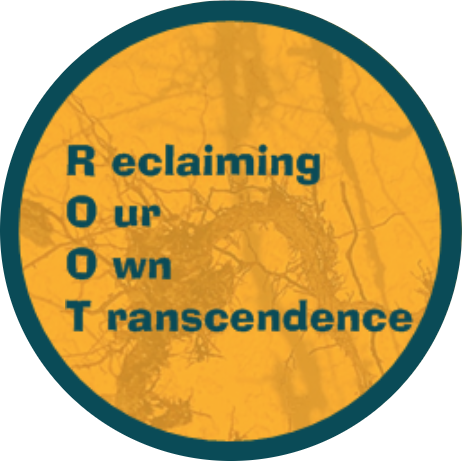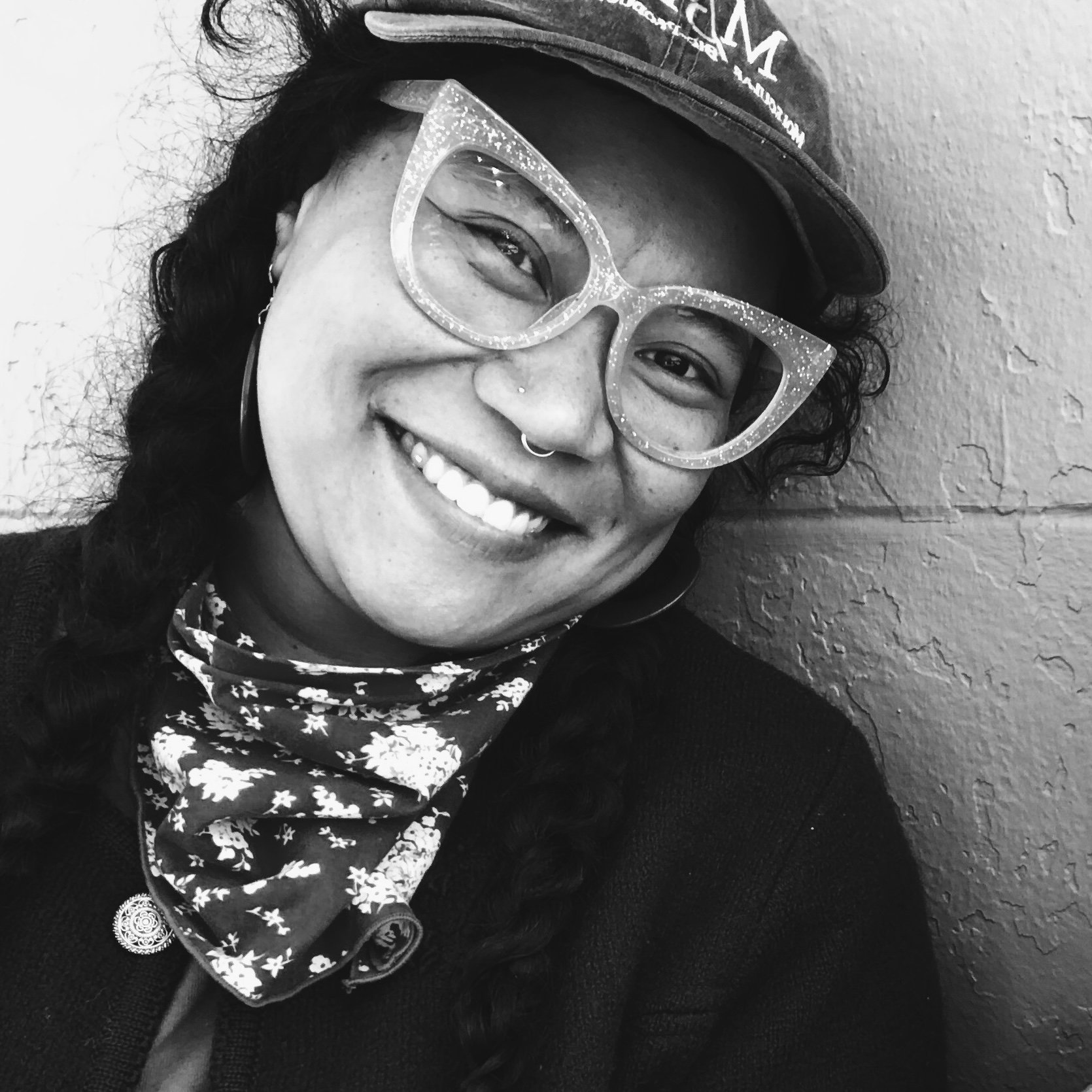
Anger Lab
Honoring the Embers
This offering is for Black people, Indigenous people, and people of color who want to improve our relationship with anger. This series, offered in three levels, meets NAMA Certified qualifications for those who are mandated to “Anger Management” workshops across the US. The series is open to all (court mandated or not) who feel they can benefit from it.
Unlike most programs on this topic, we utilize compassionate and authentic connection, embodied practice, and the wisdom of participants in the space to practice new strategies that help us engage with conflict and tension in ways that align with our values.
Compassionate and Authentic Connection: Instead of using shame and guilt to drive our choices, we invite curiosity about the moments we make choices that disconnect us from ourselves and our values. In this space we practice with each other what this looks like, sounds like, feels like. This is why we call it a lab!
Embodied Practice: Hearing and reading about strategies for addressing anger is great, but not always practical on its own. When the tension is up and our backs are against the wall, it is hard to recall those new strategies we commit to practicing. We understand that in the same way that trauma and pain live in the body (not just the brain), so does healing and choice. In this space we practice knowing ourselves more intimately and experiment with what it feels like to respond to tension and conflict using the wisdom we choose to invite and remember in our minds and our bodies. In this way, we are in dialogue with our anger while centering choice.
Collective Wisdom: The shape of everybody’s wellness journey looks different, but we understand that the wisdom we receive from others who are on similar journeys as ours can be transformative. We can learn from hearing about how others make brave choices, how others work through internal and external barriers to connection, and how others figure out how to work through discomfort and change without losing themselves.
How We Work With Anger
We are redefining how we address our relationship with anger by tapping into its messaging, asking it why it’s there, what it needs, and where our personal boundaries are. We understand that anger exists to do some important work for us. It is one of the ways our bodies are asking for help or protection. When we are encouraged to silence it , be afraid of it, or let it take up all the space so much that we can’t see it clearly, we are encouraged to block out a huge source of knowledge, wisdom, and clarity.
In this series, we explore how anger as a source of wisdom can help us shape how we practice:
Personal Accountability (Level One): Getting to know ourselves more intimately - especially the parts of ourselves we are most afraid of or discouraged from engaging with. Inviting ourselves to develop strategies that help us access clarity when experiencing emotional discomfort. Listening to what our bodies need for nervous system support, especially when it uses anger to call our attention to something. Experimenting with practices that respond to what our bodies are asking for when we experience anger and other emotions we might struggle with.
Interpersonal Accountability (Level Two): Practicing ways to respond to tension, fear, or conflict in our relationships in ways that invite connection, self-assurance, and choice while staying aligned with our values. At this level we are diving deeper into our courageous practice with others in the space, exploring how repair and tension holding can invite more compassionate understanding of ourselves and others we hold tensions with.
Collective Accountability (Level Three): Exploring how deepening our practice in self and interpersonal accountability prepares us to respond and tend to hurt and harm when it happens in community. We practice with each other what it looks like to lean into the collective wisdom as we support each other in working through conflict. We examine how our relationship to anger is shaped and impacted by our social world, communities, and families as we explore the relationship between working through our own individual journeys and building cultures of connection, care, and repair.
On The Anger Lab:
Honoring The Embers Team
LEVEL ONE
Natasha
Harden
(They/Them)
Rosa Giselle
Cabrera
(She / Her)
LEVEL TWO
Tanya
Hernandez
(She/Her)
Jasmin
Banaei
(They / Them)
LEVEL THREE
Dr. Patty
Ramirez
(She / Her)
Gabby
Momah
(They / Them)
You can learn more about our facilitators here: Who We Are.
Q & A
Q. Do I have to commit to all three levels of the offering?
A. You can join us for Level One, alone (but we’d love to see you grow with us!)
Q. What if I completed Healing Cycles of Harm?
A. Many of the practices we engage in Healing Cycles of Harm are practiced in Level One. You can still join us at this level for a refresher or extended practice. Come build with us!
Q. I think I’m ready for Level Two. Is this an option?
A. Level Two is open to:
✔️ Those who complete Level One (no need to re-apply for this level)
✔️ Those who have completed a prior cohort of Healing Cycles of Harm (you will still need to apply for this level)
✔️ Those who have completed similar collective wellness experiences (questions in the application will help us determine readiness).
Q. What if I think I’m ready for Level Three?
A. Because Level Three is focused on deepening community accountability work, having built deeper relationships and practiced tension holding with participants is important for this level’s practice. Level Three is only open to those who complete Level Two.
Q. Can I take this to meet my court mandated “Anger Management” orders?
A. Yes, depending on your county and court order. Workshop requirements can vary depending on the county. Some orders do not permit you to meet this requirement online. We can help you determine if our offering aligns with your orders. Email Rosa at Rosa@wetakeroot.com We are excited to have you practice with us!
Q. Can I participate if I haven’t been ordered by a court?
A . Yes! This work is for all Black people, Indigenous people, and people of color who feel they can benefit from this work!










